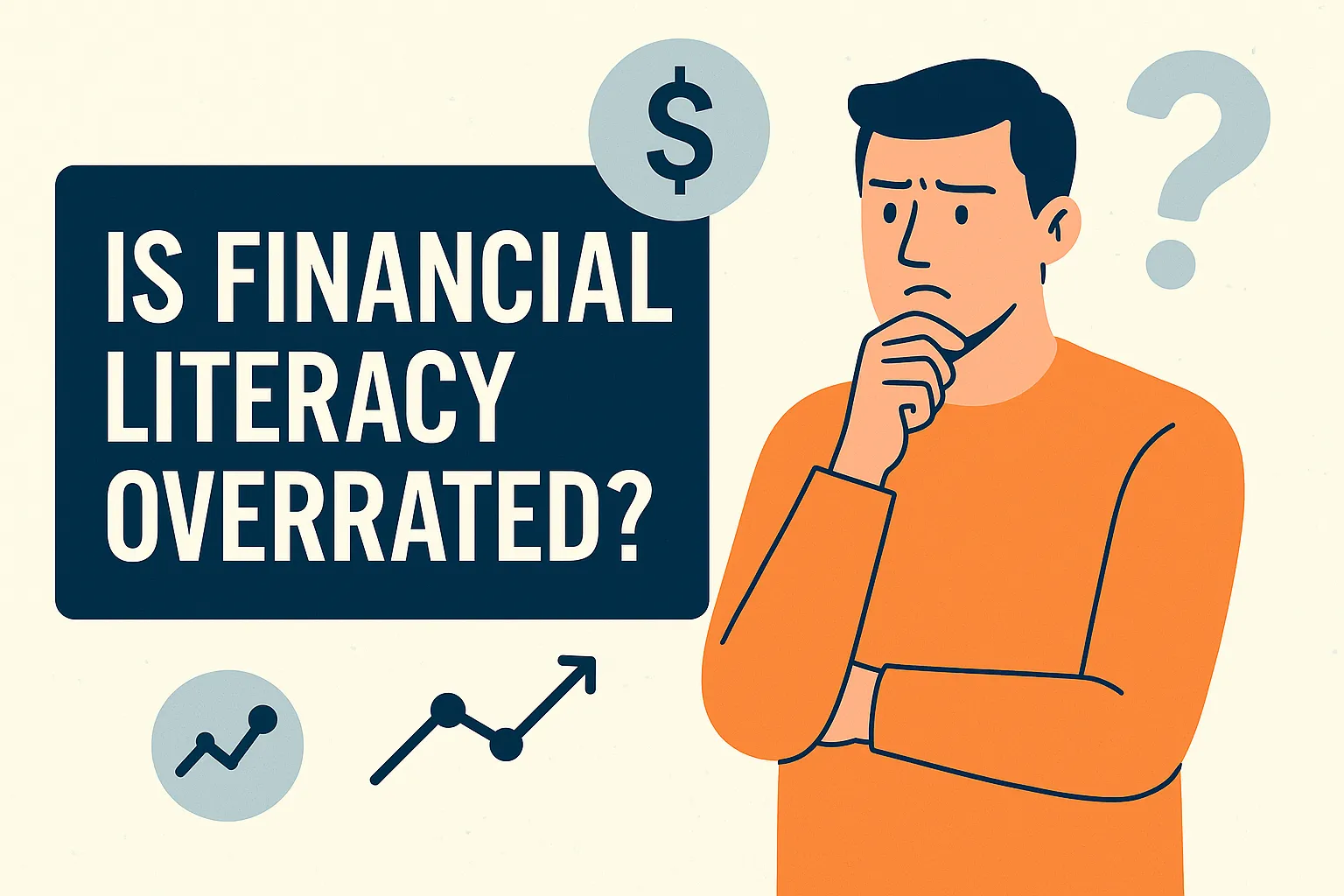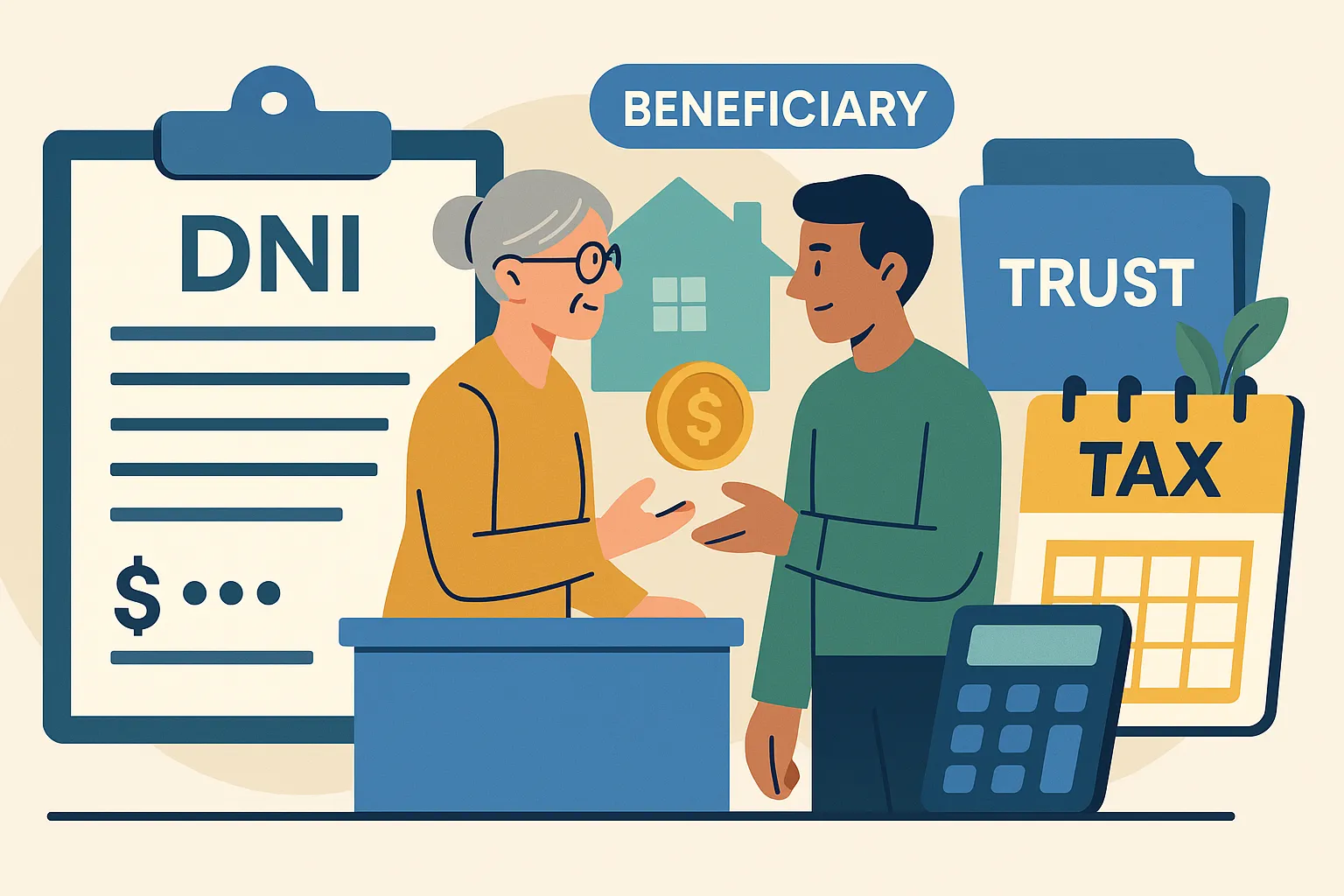What is a credit privacy number (CPN)?

If you're considering ways to protect your credit or manage your personal information, you may have come across a "Credit Privacy Number" or CPN. Though it might sound helpful, it’s important to understand that using a CPN is illegal, and there are no legitimate or lawful uses for a CPN as an alternative to your Social Security Number (SSN). This guide explains what a CPN truly is, how it’s deceptively marketed, and why using one can harm your financial and legal standing.
Key Takeaways
- What is a CPN? A CPN is a nine-digit number falsely marketed as an alternative to an SSN, but it is not government-issued and cannot legally replace an SSN.
- Illegality of CPN Use: Using a CPN where an SSN is required is fraud and carries severe legal penalties.
- Safe Credit-Building Options: Options like secured credit cards, credit monitoring, and legitimate credit repair programs are effective and legal alternatives.
- The Right Path for Financial Health: Focusing on legitimate credit-building practices strengthens financial stability and avoids the risks associated with illegal shortcuts like CPNs.
Understanding the Basics of a CPN
A CPN is sometimes marketed by certain companies as a way to "start fresh," especially if a person is struggling with credit issues. These companies falsely promote CPNs as tools for privacy or as alternatives to SSNs. However, CPNs are not issued by the government and hold no legal standing. In reality, using a CPN in place of an SSN when an SSN is required is considered fraud and can result in serious consequences.
How CPNs are Marketed—And Why They’re Risky
The marketing behind CPNs may claim that a CPN allows you to apply for credit or loans without disclosing your SSN, purportedly helping keep your personal information secure. However, most legitimate lenders and institutions require an SSN for applications, and using a CPN where an SSN is legally required is considered fraud. Misleading marketing can lead some people to believe that a CPN is a safe option for rebuilding credit, but in reality, using a CPN can harm your credit history and lead to legal issues.
Hypothetical Example of CPN Consequences
Imagine a person sees an ad promising a “credit privacy number” as a quick fix for credit concerns. They pay for the CPN, then use it to apply for a credit card. Initially, they might get approved, but once the lender verifies the number, they realize it’s invalid. The result? Fraud charges that worsen the individual's credit standing, leaving them with long-term legal and financial issues.
Why CPNs are Illegal and Carry Serious Consequences
Many individuals who purchase CPNs are unaware that they’re often recycled SSNs, sometimes belonging to children or deceased individuals. This means that using a CPN can not only result in fraud charges but also potentially involve identity theft issues. Using a CPN in any situation where an SSN is legally required is a direct violation of federal law, carrying penalties that range from fines to imprisonment. There are no legal uses for a CPN as a replacement for an SSN.
- Important Note: If you encounter advertisements for CPNs, know that they are not a legal option for managing or rebuilding your credit.
Safe, Legal Alternatives to CPNs
If you’re seeking ways to build or protect your credit, here are secure, effective options that comply with federal law:
- Secured Credit Cards: These cards require a deposit equal to your credit limit, helping you build credit safely without needing a high credit score.
- Credit Repair Programs: Legitimate credit repair services work with you to correct errors on your credit report, which can improve your credit score over time.
- Credit Freezes and Fraud Alerts: These protect your credit from unauthorized account openings and provide a safe way to monitor and secure your credit.
- Identity Protection Services: Services that provide credit monitoring, alert you to suspicious activity, and add protection against identity theft are also safe, legal options.
How to Recognize and Avoid CPN Scams
Recognizing CPN scams can protect you from both financial and legal harm:
- False Promises of a "New Credit Identity": Any claim that offers a "new identity" for a fee is a major red flag.
- Instructions to Use a CPN as an SSN Substitute: If a company advises you to use a CPN instead of your SSN, this is a clear indication of fraud.
- Claims of Guaranteed Legality: Companies that promise 100% legality for CPNs are being deceptive.
How optimized is your portfolio?
PortfolioPilot is used by over 30,000 individuals in the US & Canada to analyze their portfolios of over $30 billion1. Discover your portfolio score now:






